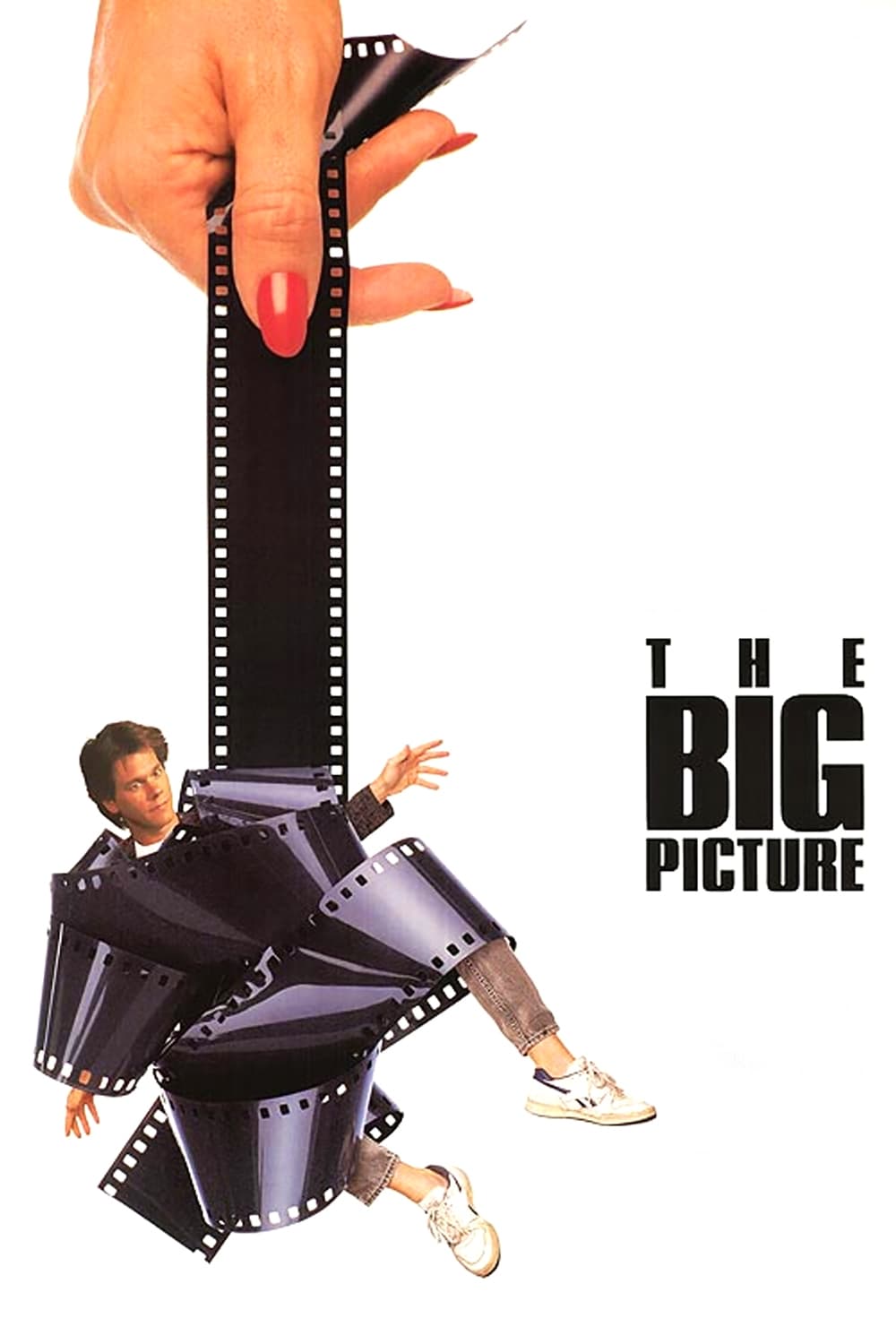
Hollywood beckons for recent film school grad Nick Chapman, who is out to capitalize on the momentum from his national award-winning student film. Studio executive Allen Habel seduces Nick with a dream deal to make his first feature, but once production gets rolling, corporate reality begins to intervene: Nick is unable to control a series of compromises to his high-minded vision, and it's all he can do to maintain his integrity in the midst of filmmaking chaos.
27 Jul The Big Picture (1989)
Guest Travels in Search of an Ironic Formula
As the child of intelligent film critics, Guest was poised to start a career in midstream, already aware of the dominance of irony in film. He would go on to develop and shamelessly exploit a specific, detailed formula for films about and using irony: the “mock” umentary about performance. But along the way, he starts out by making an unintentionally pseudo-ironic film blasting film formulae.
This film is a natural for a double feature with “Sullivan’s Travels.” In “Travels,” Sturges introduced irony into films, making a film about a film where the boundaries were clear between what was a movie and not in the story, but highly blurred between the two in terms of style and position. It was a suave notion that has been more influential in its way than any other film notion for decades before or since.
Now in a reverse irony of sorts, the young guest makes a film that blurs what’s film in the story and does nothing at all ironic in terms of style or position. This is completely reverse of what Altman does. His project succeeds and is worth watching: Guest’s does not. It is instead a collection of skits.
Here’s a question: Guest works with the same actors again and again in his later projects, often filming months of improvised footage that gets snipped down, Hunter Thompson-wise. Why isn’t JJ Leigh in this stable? Other than Martin Short who’s notedly nervous, she’s the only interesting player here, and her “film” is terrific. Compare this to Parker Posey’s audition in “Guffman.”
Posted in 2003
Ted’s Evaluation — 2 of 3: Has some interesting elements.


No Comments